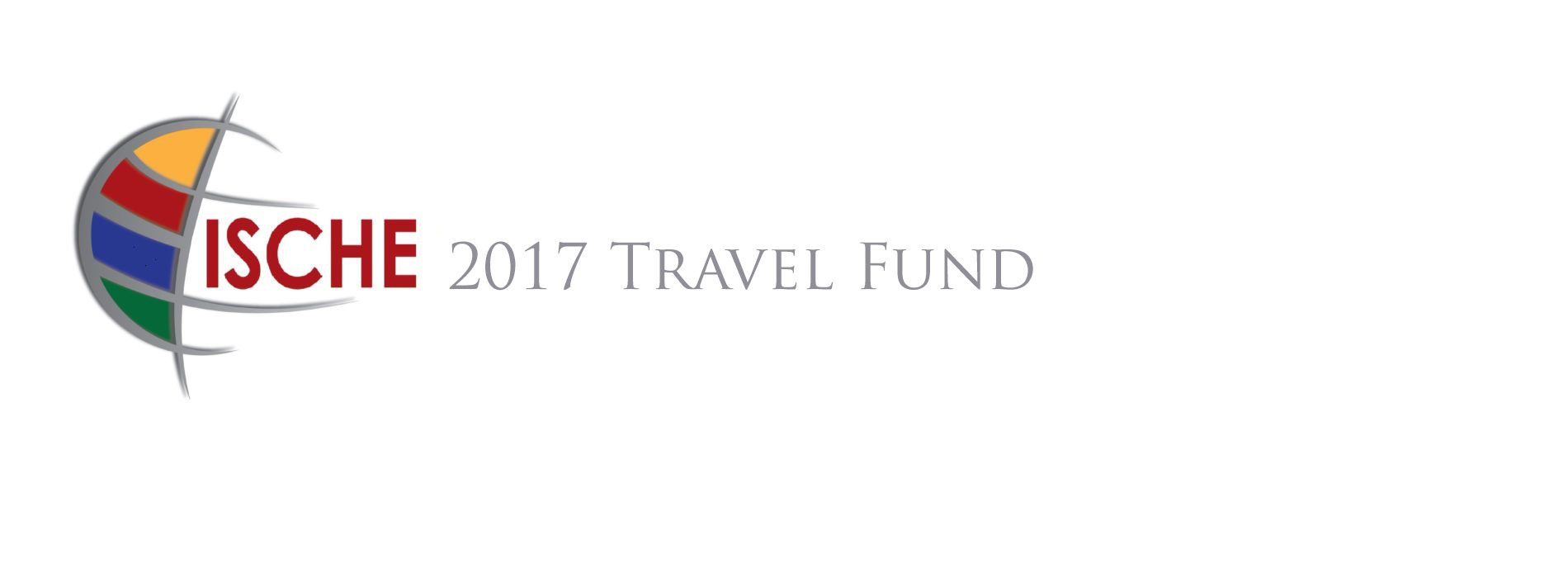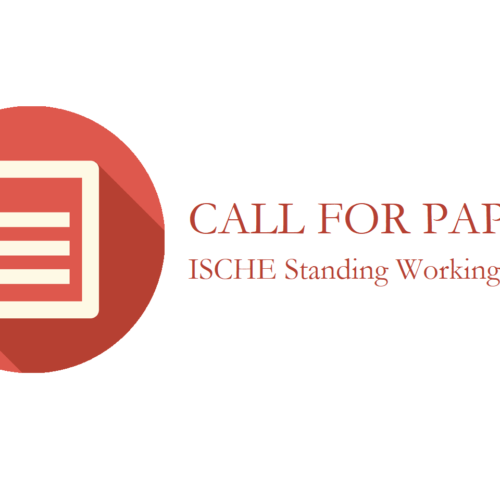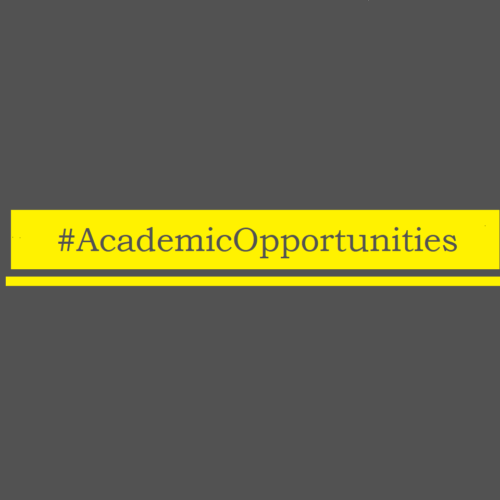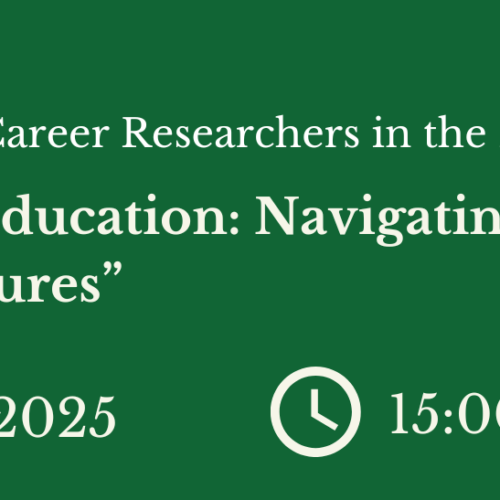Travel funds to attend the annual conference
Starting this year ISCHE is devoting some of the membership revenue to an ISCHE Travel Fund for the annual conference. These funds are for advanced students and early career researchers (up to 5 years post-PhD), with particular preference given to scholars based in low-GDP countries.
Applicants must have their conference paper accepted and submit the following documents to information@ische.org with the subject line: “early career travel support” before April 30:
- Travel Fund request (available here)
- Evidence of advanced student or early-career status (student card, dissertation certificate)
- Brief CV (maximum 2 pages)
We define Low-GDP countries using World-Bank data as having a per-capita of less than US$26,000 per year. This means that countries eligible for the Low-GDP reduction are all African countries; Asian and Middle East countries [with the exception of Brunei Darussalam, Hong Kong SAR, Israel, Japan, Kuwait, Macau SAR, Qatar, Singapore, UAE]; Latin American Countries; as well as the following countries in wider Europe Albania, Armenia, Azerbaijan, Belarus, Bosnia-Herzegovina, Bulgaria, Croatia, Czech Republic, Estonia, Georgia, Greece, Hungary, Kazakhstan, Kosovo, Latvia, Lithuania, FYR of Macedonia, Malta, Moldova, Montenegro, Poland, Portugal, Romania, Russia, Serbia, Slovakia, Slovenia, Turkey and Ukraine).
About author
You might also like
Migrants, migration and Education SWG invites submissions to ISCHE 40 Conference. Deadline: Jan. 31, 2018
Migrants, migration and education SWG invites submissions for ISCHE 40 conference. Migrants, Migration and Education Convenors: Kevin Myers, Helen Proctor and Paul J. Ramsey This SWG aims to consider,
CFA: PhD student vacancy, KU Leuven. Deadline: Jul. 31
CALL FOR APPLICATIONS Sound, senses and the materiality of schooling PhD student vacancy, KU Leuven The Centre for the History of Education (part of the Research Unit
Call for Papers – ISCHE 39 Pre-Conference Workshop Archives and museums. Deadline: Apr. 30, 2017
Call for Papers ISCHE 39 Pre-Conference Workshop “Archives and museums about the history of education with a view to emancipatory processes”. Convened by: María Cristina Menezes (UNICAMP, Brasil),





